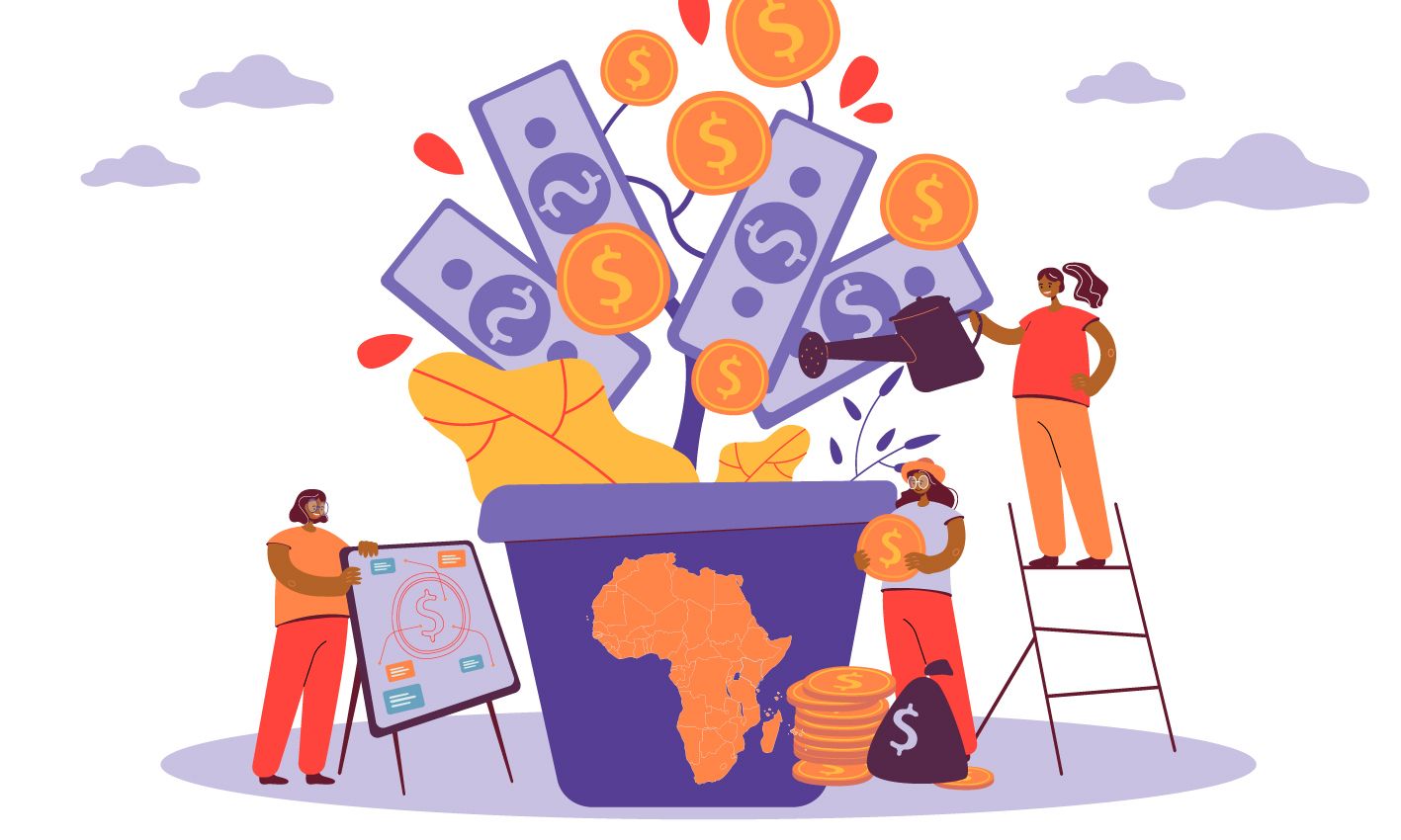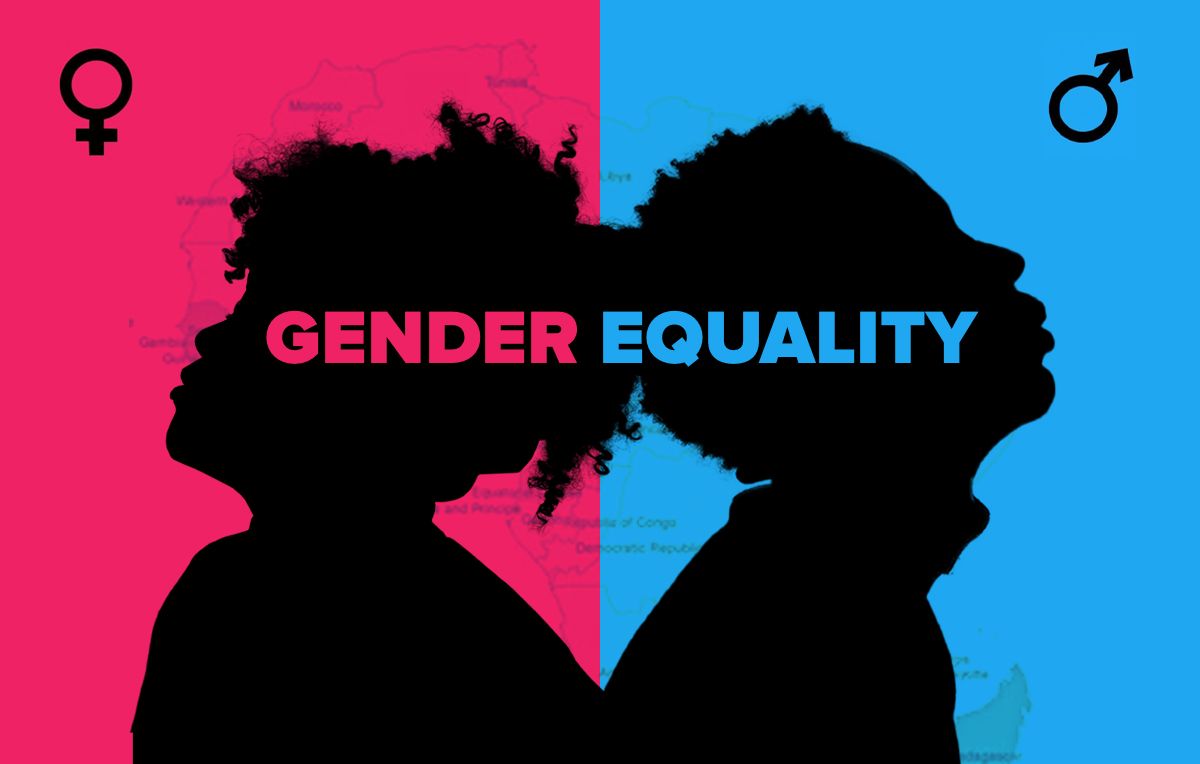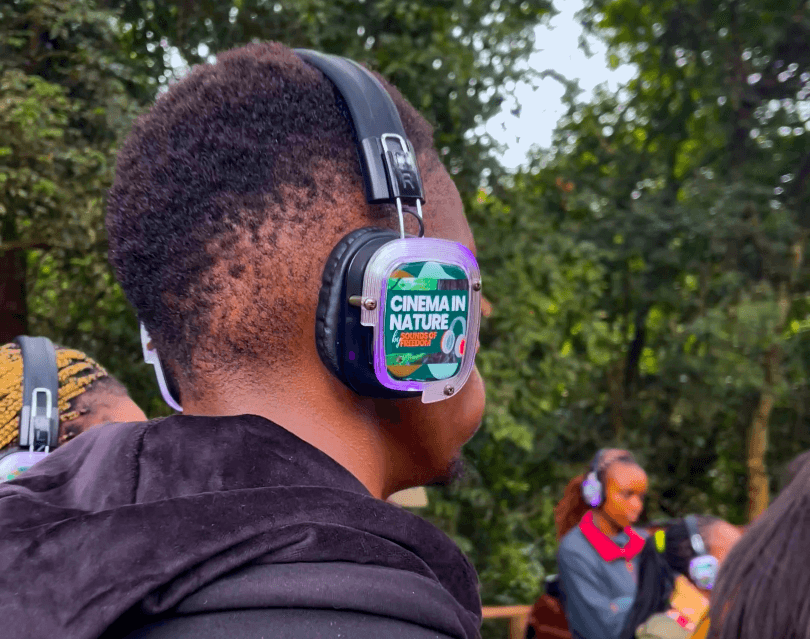While the entire working world is still in the throes of COVID-19-induced remote working, a debate - nay, a consensus - is brewing that working from home is here to stay. Just this week, our local daily the Nation published an article titled: Working from home is here with us; learn to make the most of it. Likewise, the world's foremost business magazine Forbes ruminated on how organisations can create an ideal millennial work arrangement in a post-lockdown world.
So is this it? Are offices soon going to be a thing of the past? Personally, I struggle to see it. A modern world devoid of a morning commute to work and an evening commute back home is simply unimaginable. But, the idea of working from home which only three months ago was considered fringe, even new age mumbo-jumbo within our country, is beginning to get some legs in terms of mainstream appeal.
This is perhaps indicative of an upcoming cultural shift in our collective attitude towards work as something that only happens within the confined walls of an office. Up until recently, work was a location. Today, it has shifted from a place to a space. The Coronavirus pandemic has redefined how and where we work, and I for one am curious to see how much of this 'new normal' sticks around once we fully reopen all sectors of our economy.
For millennials, it's a case of the rest of the world catching up to them. This is the generation that has danced with the idea of remote working in the last decade, and now their older bosses, who really are the office power-brokers, are joining in the Zoom-powered jig. Is it safe then to assume that as millennials go, so will the rest of the world eventually? Likely.
For a glimpse into the future, it may be prudent to look at what other ideas millennials hold about work. Then hopefully, it wouldn't have to take another pandemic to keep your organisation ahead of the curve.
A big example is work-life balance. According to research, millennials value work-life balance above such other considerations as meaningful work, organisational culture and reputation, and even flexible work arrangements. Yes, millennials consider personal and professional harmony to be more important than the currently touted idea of working from home.
Even before the pandemic, millennials were considered the burnout generation. Thanks to technology that keeps them constantly plugged in, they're always available to their employer 24 hours a day, seven days a week - via email, office WhatsApp groups, and now Zoom calls. In the most competitive jobs market in history, these tools have turned the employed millennial into a workhorse who is driven in part by a fear of being dispensable. Therefore, it's easy to see how remote working can compound this problem.
The bottom line is that millennials are entering a stage of life when they are marrying, buying homes, and having children, while at the same time work demands are increasing. It's no wonder then that millennials value work-life balance higher than most other job characteristics including the provision to work remotely.
The ideal work-life balance allows the millennial to remain a trusted, fully-engaged part of your organisation without having to sacrifice their personal interests, family or social obligations, as well as leisure time.
How can you guarantee a work-life balance to your employees? A reasonable first step may be giving your workers the opportunity to completely disconnect outside of working hours without any consequences. Or you may consider completely scrapping overtime. Your organisation may also consider increasing opportunities for leisure through customized job and tasks redesigns.
Would you structure your company's human resource practices with millennial needs in mind? We'd love to hear your thoughts.
ABOUT THE AUTHOR





